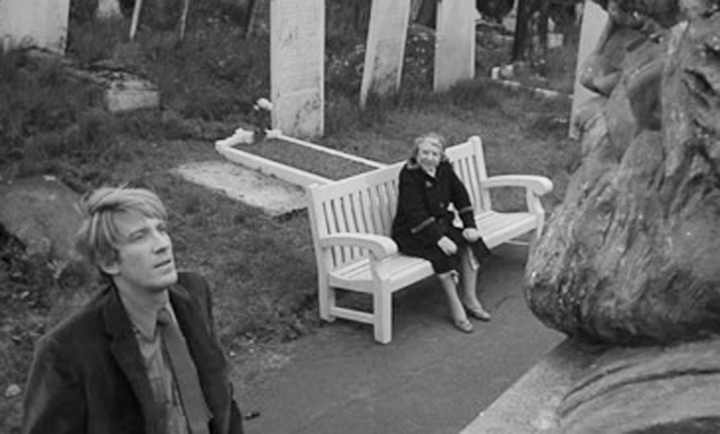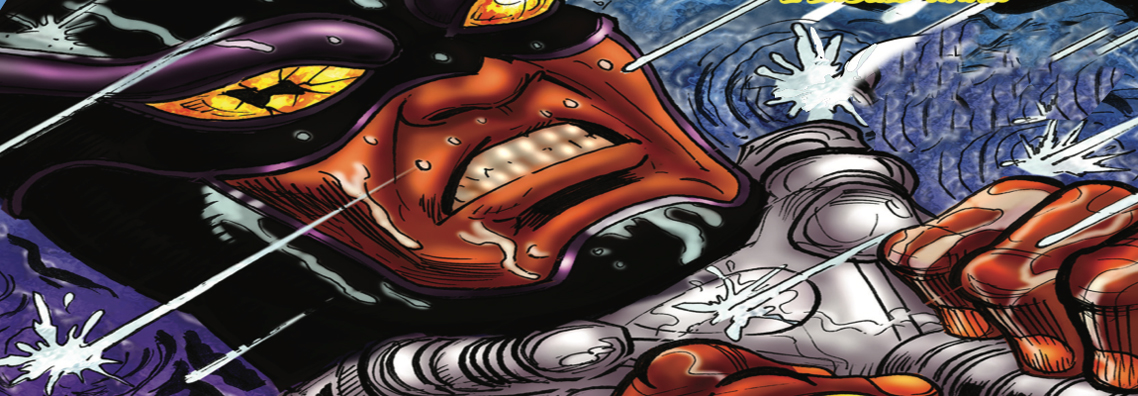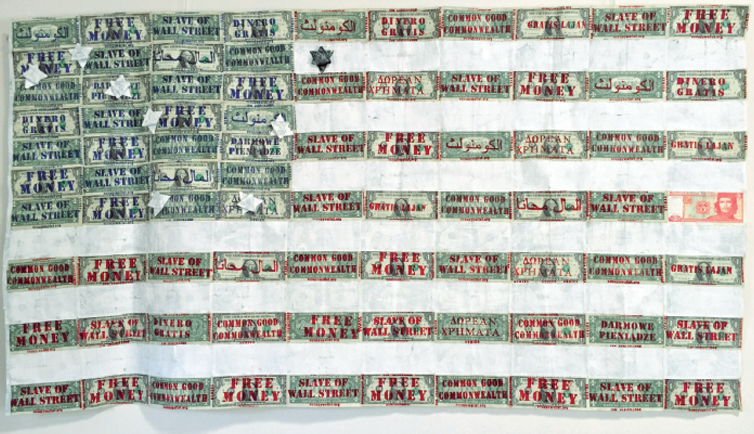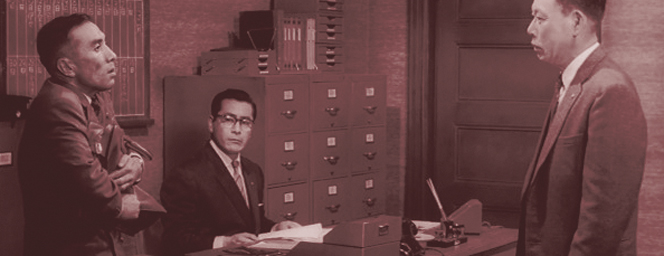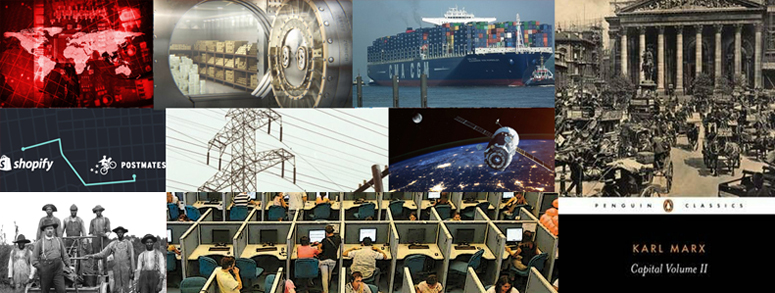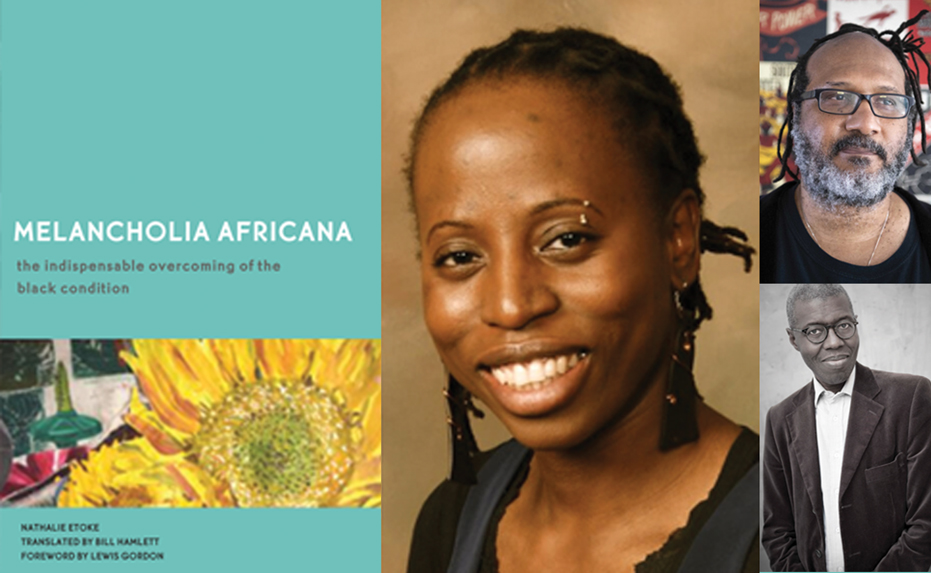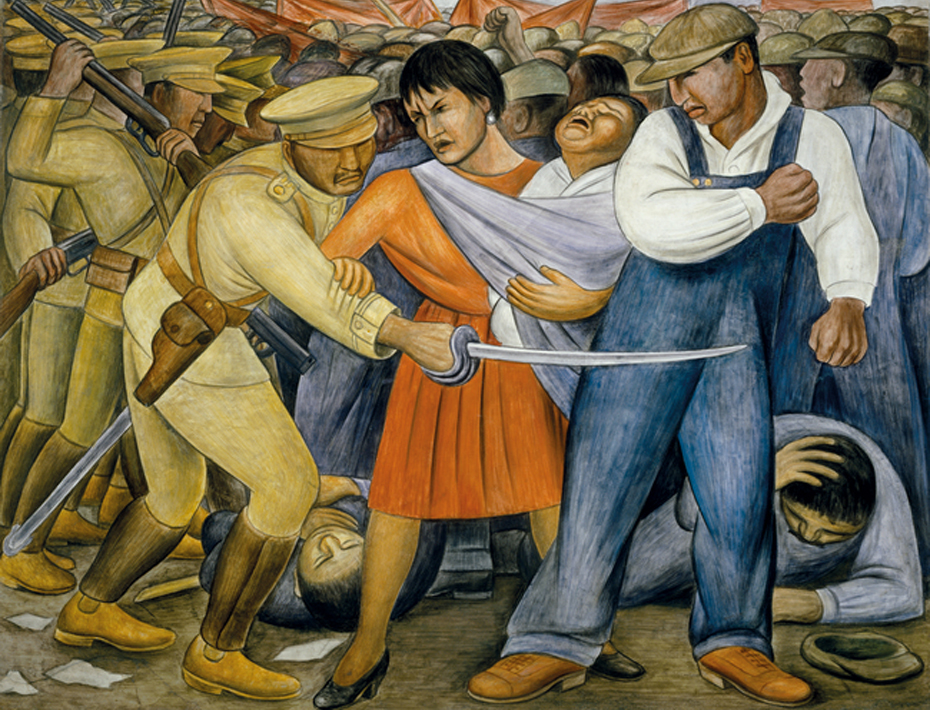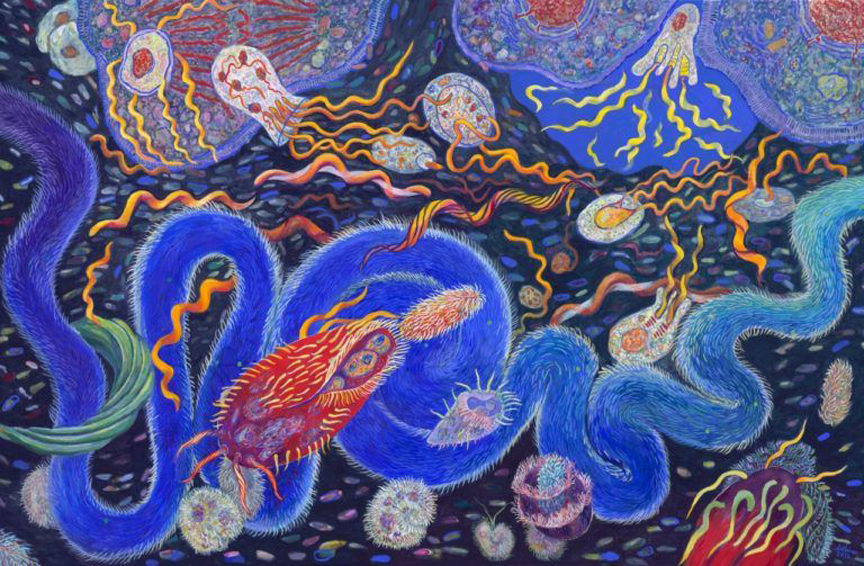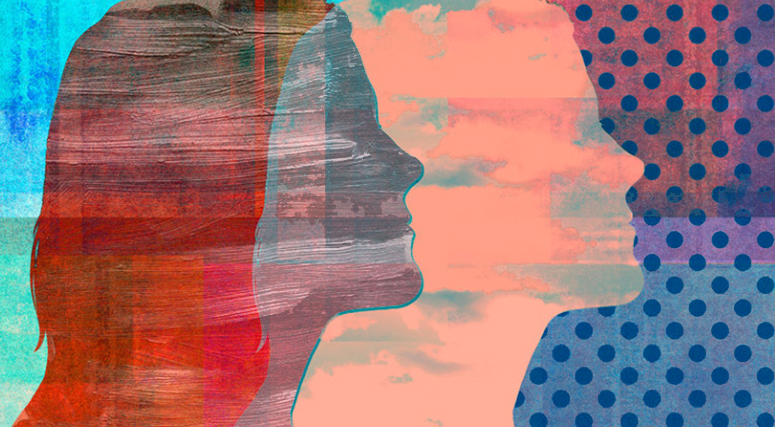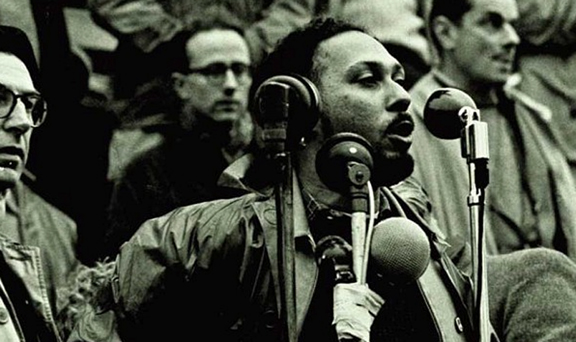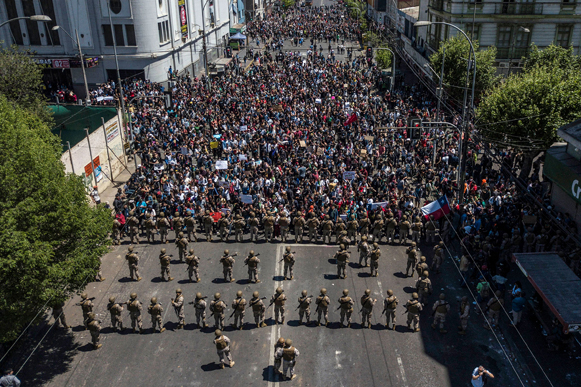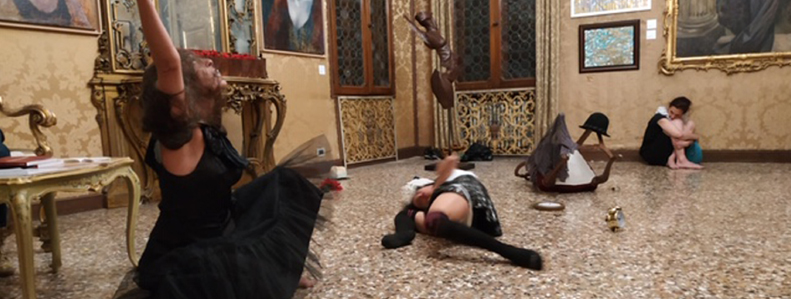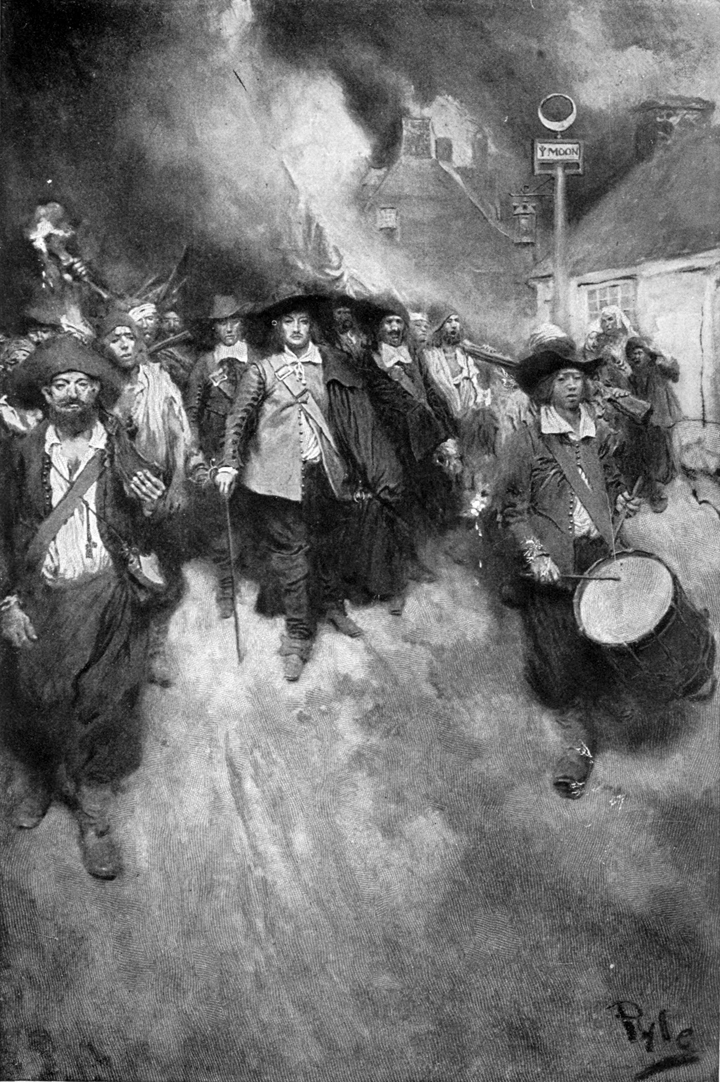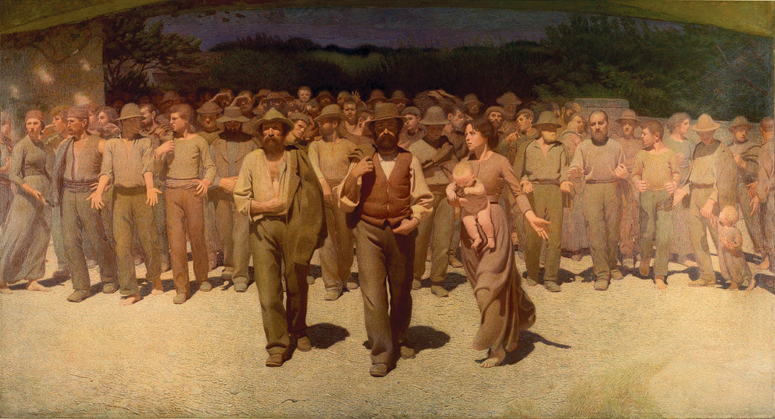Morgan: A Suitable Case for Treatment
Morgan is both of its time and points forward to the darker popular culture that would ensue later that year and into 1968, the year of international youth revolution. Indeed, its popularity among the young may well have facilitated this radicalization, certainly within Britain. The film's depiction of madness is deliberately ambivalent. The inner logic of Morgan’s statements and his sure self-knowledge, as well as his rejection of the consumer society’s superficial trappings, mark him as the only sane character. —Jon Savage, The Guardian
Commie.con
New Perspectives Theatre 456-458 West 37th Street, New York, NY, United StatesRespite from the huge comic.con at the Javits Center is this Commie.con. Panels you can hear and easily ask questions during. Interesting vending. Supports a vital theater and The MEP.
A Brief History of Class Warfare
The Empty Circle 499 3rd Avenue, Brooklyn, NYA Brief History of Class Warfare will take place at an ongoing Aaron Burr Society exhibit at Empy Circle Space. Jim Costanzo will speak to his recent work as well as provide video and hand out FREE MONEY in the company of a whiskey still with a bottle
Kurosawa’s The Bad Sleep Well
The People's Forum 320 West 37th Street, New York, NY, United StatesA young executive hunts down his father’s killer in the scathing The Bad Sleep Well. Continuing his legendary collaboration with actor Toshiro Mifune, Kurosawa combines elements of Hamlet and American film noir to chilling effect in exposing the corrupt boardrooms of postwar corporate Japan.
Capital, Volume 2, Second Sessions
The People's Forum 320 West 37th Street, New York, NY, United StatesAfter solving the form that the production of wealth takes within a society where generalized commodity production prevails under the domination of capital —including the commodification of the capacities of the human subject and materials and powers of nature, the two sources of wealth, Marx takes on the next big question. How the hell can reproduction of society as a whole take place when there is no conscious social planning that insures that all needs are met and in the necessary proportions such that a continuous reproduction of the conditions of life can take place and reproduce the capitalist relations of production? By looking at capitalist social reproduction from this viewpoint, in Volume II we discover the solution to this problem while new internal contradictions and instabilities at a societal level inherent to this mode of production are explained.
Melancholia Africana
The People's Forum 320 West 37th Street, New York, NY, United States...Etoke explores how diasporic Africans reconcile that which has been destroyed with what is newly introduced, framing this inherent tension as the character of Africana historical becoming. On October 30th, Etoke will read from and speak about her newly translated work while Lewis R. Gordon, who authored its new foreword, and Souleymane Bachir Diagne will address the continued relevance of its searching diagnoses.
The State and Strategies for Socialism
Stephen Maher and Rafael Khachaturian’s essay Socialist Strategy and the Democratic Capitalist State examines the the state in its liberal-democratic form, arguing that we should move beyond both vanguardist and social democratic models toward a view of the state as a contradictory site of class and social struggles. Paul Christoher Gray’s article on Socialist Project is taken from his recently published From the Streets to the State: Changing the World by Taking Power, where he takes on the limitations of dual power and extra-parliamentarism and the flaws inherent in the electoralist approaches and where there can be some reconciliation of the best aspects of these tendencies.
Earth in Crisis: Staying With the Trouble
This reading group will consider how climate activists and critical thinkers can maintain equilibrium and avoid despair by “staying with the trouble” —Donna Haraway’s phrase for living through planetary chaos and struggling alongside our fellow human and nonhuman beings.
Psychology for Activists
The People's Forum 320 West 37th Street, New York, NY, United StatesHow do we integrate our understandings of how society changes and how individuals and small groups change? How do we recognize when the things getting in the way of our political effectiveness are not just the obvious obstacles but unprocessed past hurt from our own lives? How do racism, anti-Blackness, cis-hetero-patriarchy seep into our individual psychodynamics and group dynamics even as we are trying to overthrow these forms of oppression?
The Stuart Hall Project
The People's Forum 320 West 37th Street, New York, NY, United StatesAkomfrah carefully constructs archival sequences of rare forgotten and long since seen historical material together with Hall’s extensive broadcasts and personal archives, taking the audience on a kaleidoscopic journey through the ideas and personal story of Stuart Hall.
The People’s Uprising in Chile
Taking to the streets by the millions and withstanding brutal police assaults, the working people of Chile have beaten back austerity measures and forced the right-wing Piñera regime to accede to a new constitution to replace the restrictive one imposed by the Pinochet dictatorship.
Capital, Volume 2, Third Sessions
Join us as we journey through this movement from the imaginary concrete to the abstract concrete to the real concrete. Come and challenge your way of thinking and understanding the world as it appears to you and begin to identify some of what needs to be overcome and done to bring about a better world. In Volume 2 we further our ability to de-fetishize the machinations that appear on the surface of society and their real relationship to the production of wealth and the circulation of that wealth throughout all the competing capitalist interests and the various branches of capital, and the different strata of the proletariat —prices, wages, interests, rents, dividends, rates of profit, fictitious capital—while revealing the necessity of tendential contradictions that result in episodic crisis of the system leading to periodic booms and busts!
Spectatorship and Embodied Expression
New Perspectives Theatre 456-458 West 37th Street, New York, NY, United States“ritical art is a type of art that sets out to build awareness of the mechanisms of domination to turn the spectator into a conscious agent of world transformation,” writes philosopher Jacques Rancière in Aesthetics and its Discontents (2004). When as dance artists we decide to work critically with and through the body, and at the same time enter the contested field of the history of psychiatric diagnosis, our aim is to initiate spectator’s transformation. The intention is to make him/her into an active observer of the world outside a given theatrical event. For this to occur, the spectator is asked to remain attentive during a relatively short time of a theatrical event.
Foundations of American Bourgeois White Male Supremacy
The James Baldwin School 351 West 18th Street, New York, NYIn The Invention of the White Race Volumes I & II, Theodore W. Allen offers a historical materialist analysis of racial slavery; a system put in place in the decades following the second phase of Bacon’s Rebellion in 1676 when an army of European and African chattel bond laborers burnt Jamestown to the ground and temporarily drove Governor Berkeley into exile across the Chesapeake Bay. In a conscious response to labor solidarity the plantation bourgeoisie enacted a series of laws and practices in the late 17th and early 18th century which first put in place the system of white racial privileges which enabled the imposition of racial slavery and “white” male supremacy.
Bertolucci’s 1900
The thick-layered chronicle doesn't sweep across time so much as it escorts the audience through indelible composite events that bristle with personal, social, and political characteristics….Since 1900 has come to stand as an organic cinematic journey through chapters of a rich apocryphal history that evinces an ongoing struggle between the world's rich elite and everyone else.”—Cole Smithey

